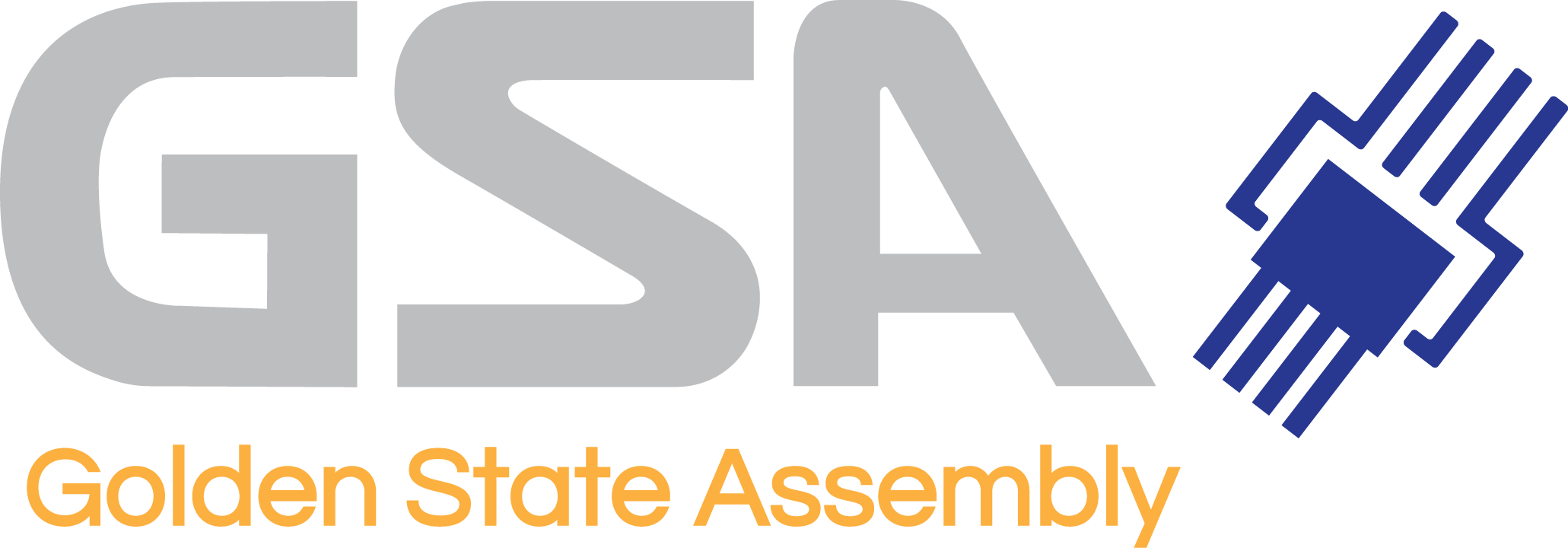Technical Library | 2006-10-02 14:26:47.0
This paper addresses the assembly and reliability of 0.5 mm pitch leadless Chip Scale Packages (CSP) on .062" immersion Ag plated printed circuit boards (PCB) using Pb-free solder paste. Four different leadless CSP designs were studied and each was evaluated using multiple PCB attachment pad designs.
Technical Library | 2007-09-27 16:18:15.0
Considerable interest exists in the process known as the pinin- paste, or the Alternative Assembly and Reflow Technology (AART) process. The AART process allows for the simultaneous reflow of both odd-form and through hole devices as well as surface mount components. This process has several advantages over the typical mixed technology process sequence that includes wave soldering and/or hand soldering, often in addition to reflow soldering.
Technical Library | 2007-03-28 10:18:33.0
Legislation against the use of lead in electronics has been the driving force behind the use of lead-free solders, surface finishes, and component lead finishes. The major concern in using lead-free solders in the assembly and rework Chip Scale Packages (CSPs) is the relatively high temperatures that the components and the boards experience. Fine-pitch CSPs have very low standoff heights following assembly making inspection and rework of these components more difficult. One other concern pertinent to rework is the temperature of the neighboring components during rework. These issues, coupled with the limitations of rework equipment to handle lead-free reflow temperatures, make the task of reworking lead-free assemblies more challenging.
Technical Library | 2007-08-09 12:23:10.0
Recent developments in No Flow-Fluxing Underfill (NFFUF) products have demonstrated their utility to enhance the reliability of flip chip assemblies with reduced processing steps over conventional capillary flow methods. This basic work considered processing conditions such as dispensed volume and placement force, speed and dwell time. Further evaluations of these new products on a variety of flip chip assembly configurations manufactured by various processes have been undertaken to provide further evidence of their suitability and potential in high volume electronic manufacturing. This paper summarizes the recent evaluations and discusses new studies of additional assembly configurations, which include higher input/output (l/O) counts up to full arrays in excess of 1200 l/Os.
Technical Library | 2014-01-23 16:49:55.0
As reliability requirements increase, especially for defense and aerospace applications, the need to characterize components used in electronic assembly also increases. OEM and EMS companies look to perform characterizations as early as possible in the process to be able to limit quality related issues and improve both assembly yields and ultimate device reliability. In terms of BGA devices, higher stress conditions, RoHS compatible materials and increased package densities tend to cause premature failures in intermetallic layers. Therefore it is necessary to have a quantitative and qualitative test methodology to address these interfaces.
Technical Library | 2007-06-27 15:43:06.0
Traditionally most flip chips were designed with large bumps on a coarse pitch. However, as the trend towards smaller, more compact assemblies continues the sizes of semiconductor packages are forced to stay in line. New designs are incorporating smaller bump diameters on increasingly aggressive pitches, and in many cases decreasing the total IO count. With fewer and smaller bumps to distribute the load of the placement force it is becoming increasingly vital for equipment manufacturers to meet the challenge in offering low force placement solutions. One such solution will be presented in the following discussion. Also presented will be ways to minimize the initial impact spike that flip chips experience upon placement.
| 1 |

Golden State is a contract manufacturer that makes wire harnesses, electromechanical assemblies (box builds, subassemblies, PCBAs, kits, etc.) and services (sorting, rework, value additive manufacturing engineering)
18220 Butterfield Blvd
Morgan Hill, CA USA
Phone: 5102268155